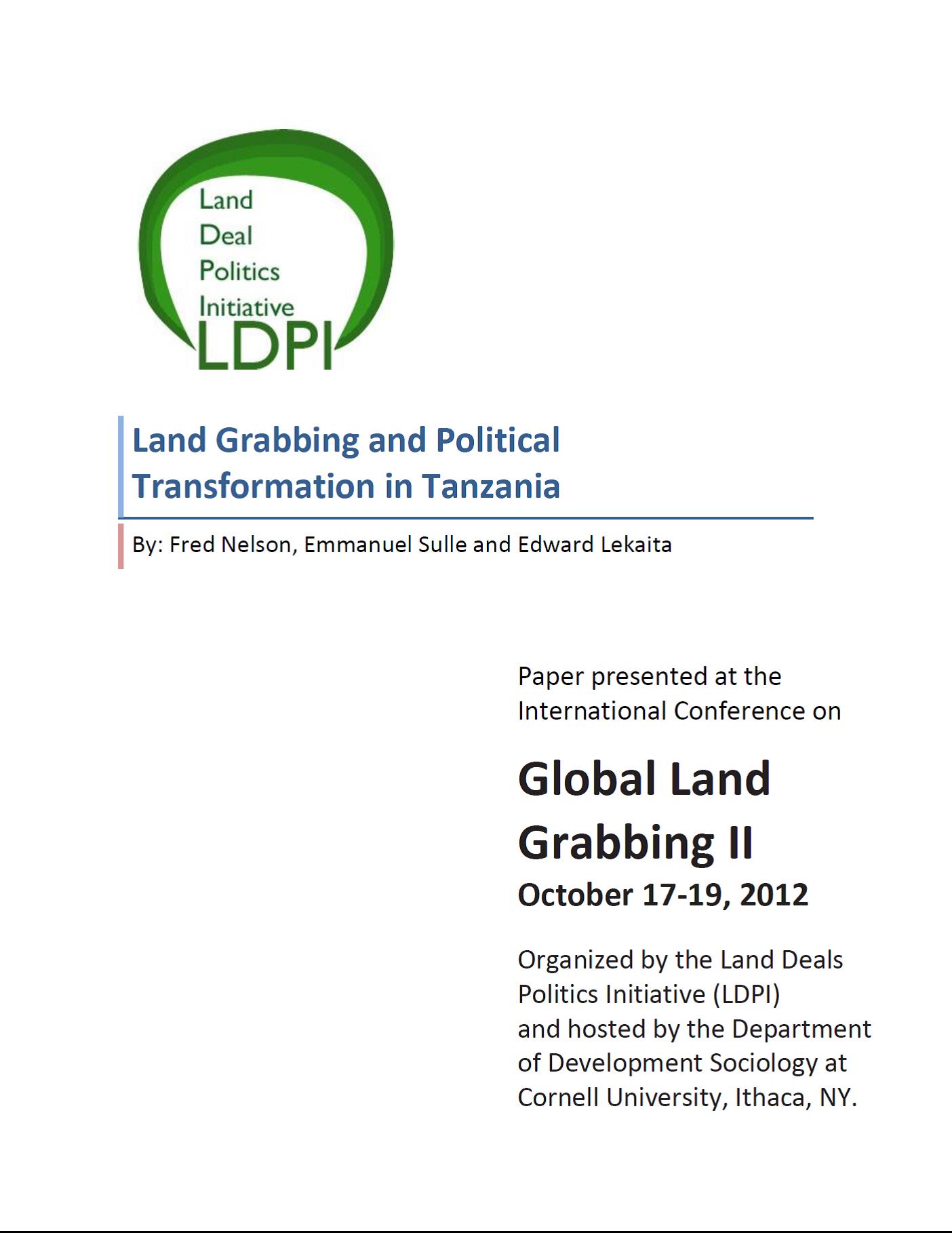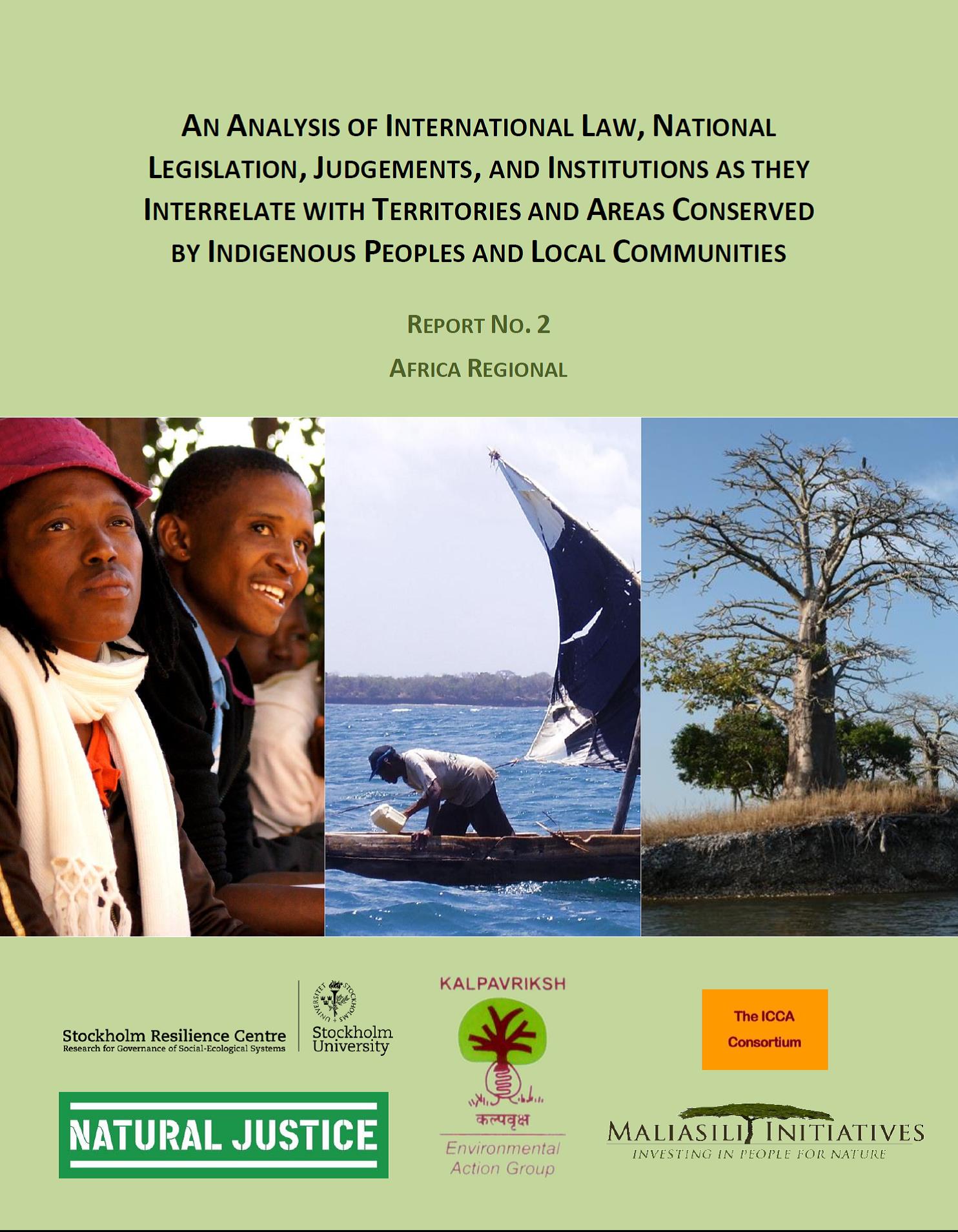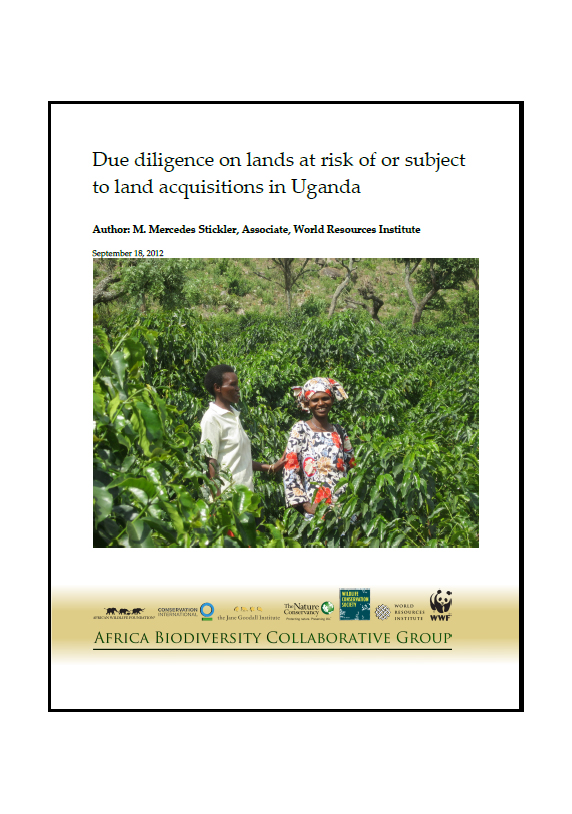Gendered Dimensions of Land & Rural Livelihoods. The case of new settler farmer displacement at Nuanetsi Ranch, Mwenezi District, Zimbabwe
Nuanetsi Ranch had been invaded by villagers from different parts of Mwenezi, Chiredzi and Chivi communal areas since 2000. In February 2010, the government announced that the settlers had to be removed and resettled in other ’uncontested lands’ in the area, compromising their rights to sustainable livelihoods, human development and land acquisition. The perceptions of the men and women resident at Chigwizi has had a bearing on understanding the nature of gendered land and rural livelihoods in the context of biofuel production in Zimbabwe, after fast track land reform.







